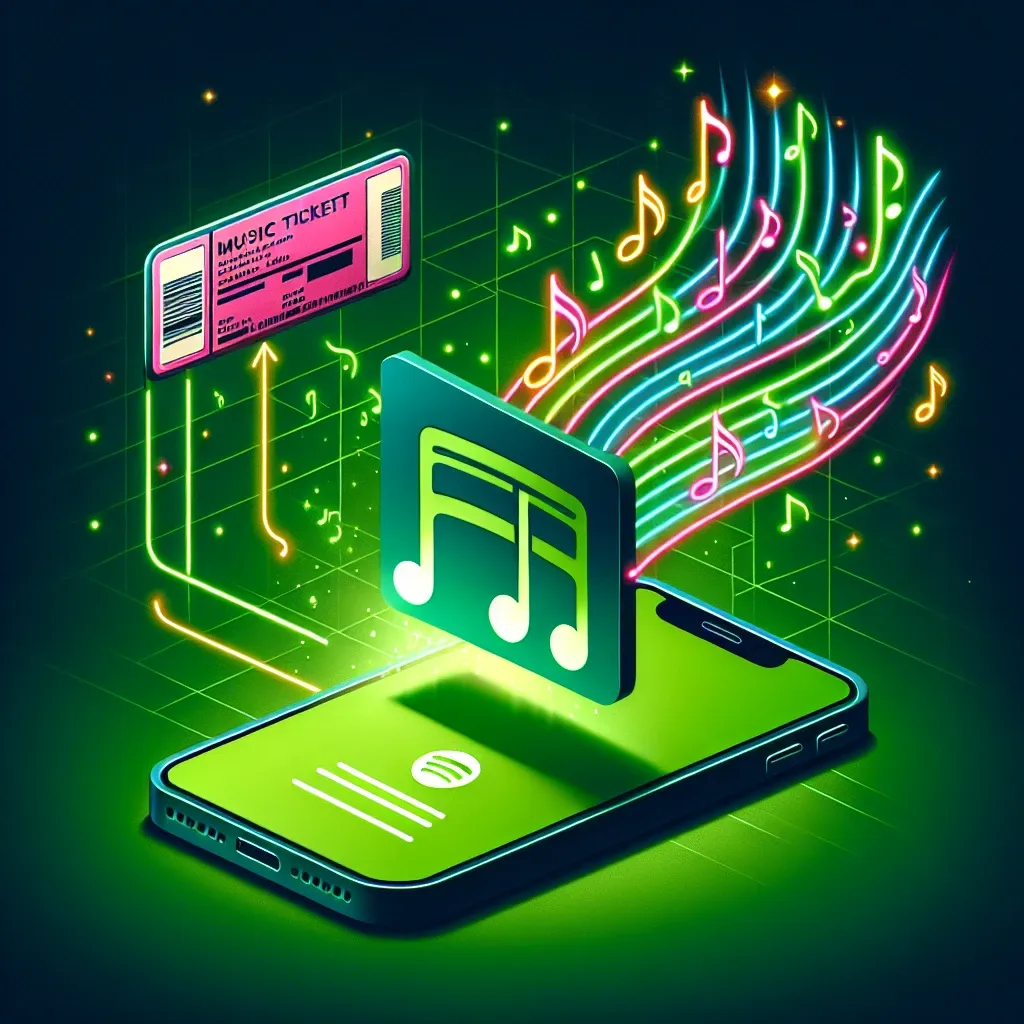Introduction
In an era where music consumption has shifted dramatically towards digital platforms, major players in the industry are constantly looking for innovative ways to enhance user experience. One such development is Spotify’s integration of concert ticket reselling directly into its platform. This feature not only transforms the way fans access live music but also sets a new precedent for how streaming services can diversify their offerings. In this article, we will explore the historical context of ticket reselling, the potential impact of Spotify’s integration, and what the future might hold for both fans and artists in the music ecosystem.
The Evolution of Ticket Reselling
Historically, concert ticket sales have faced numerous challenges, including scalping, inflated prices, and limited access for genuine fans. The rise of online platforms for ticket sales and reselling emerged in the late 1990s and early 2000s, with companies like eBay leading the charge. However, these platforms often lacked the focus on user experience and security that fans desired.
As technology evolved, so did the ticketing landscape. The introduction of specialized sites for ticket reselling, such as StubHub and Viagogo, provided fans with alternative options, but often at a premium. This environment created a disconnect between artists, venues, and their audiences, leading to increased frustration.
Spotify’s Bold Move
Spotify’s decision to integrate concert ticket reselling directly into its platform is a game-changer. By leveraging its vast user base and data analytics capabilities, Spotify can offer a seamless experience for users looking to attend live shows. Here are some key features of this integration:
- User-Friendly Interface: The integration allows fans to easily discover upcoming concerts and purchase tickets without leaving the Spotify app.
- Data-Driven Recommendations: By analyzing listening habits, Spotify can recommend concerts that align with users’ musical preferences, enhancing the chances of ticket sales.
- Artist and Venue Collaboration: The platform fosters a more direct relationship between artists and their fans, which can lead to more successful shows.
The Pros and Cons of Integration
While the integration of ticket reselling into Spotify’s platform brings numerous benefits, it is not without its drawbacks. Here’s a closer look:
Pros
- Increased Accessibility: Fans can easily find tickets for their favorite artists, eliminating the need to navigate multiple websites.
- Enhanced Security: By using Spotify’s trusted platform, fans may feel more secure purchasing tickets than through secondary markets.
- Support for Artists: The integration could lead to better revenue for artists, as they gain a more substantial share from ticket sales.
Cons
- Market Saturation: With so many platforms selling tickets, it may become challenging for fans to discern the best deals.
- Potential for Price Inflation: If not managed properly, the integration could lead to ticket prices inflating, similar to issues seen with traditional resellers.
Future Predictions
As Spotify continues to innovate, the future looks bright for concert ticket reselling on its platform. Experts predict that:
- Increased Partnerships: Spotify will likely forge partnerships with more artists and venues, expanding its ticket offerings.
- Enhanced Personalization: The platform will utilize machine learning to provide users with even more tailored concert recommendations.
- Live Events Integration: Spotify may begin to host its own live events, connecting the digital and physical realms of music.
Cultural Relevance
The integration of concert ticket reselling directly into Spotify’s platform is not just a technological innovation; it reflects the changing landscape of live music and consumer behavior. With the rise of social media and streaming, artists today have more tools than ever to engage with their fans. By simplifying the ticket purchasing process, Spotify aligns itself with the needs and desires of today’s music lovers.
Real-World Examples
To understand the implications of Spotify’s integration, it’s helpful to look at similar models:
- Facebook Events: By allowing users to RSVP and purchase tickets through the platform, Facebook has become a central hub for event planning.
- Ticketmaster: Their addition of features like ticket transfers and resale has shown that the traditional ticketing industry’s adaptation is critical to survival.
Conclusion
Spotify’s integration of concert ticket reselling marks a significant shift in the music industry, bridging the gap between artists and fans while enhancing user experience. As the platform continues to innovate, it will be fascinating to observe how this integration evolves and what impact it will have on the future of live music.
Whether you are an artist, a fan, or a music industry professional, the implications of this integration are profound. As we look ahead, the intersection of technology and live music promises to create exciting opportunities for everyone involved.
